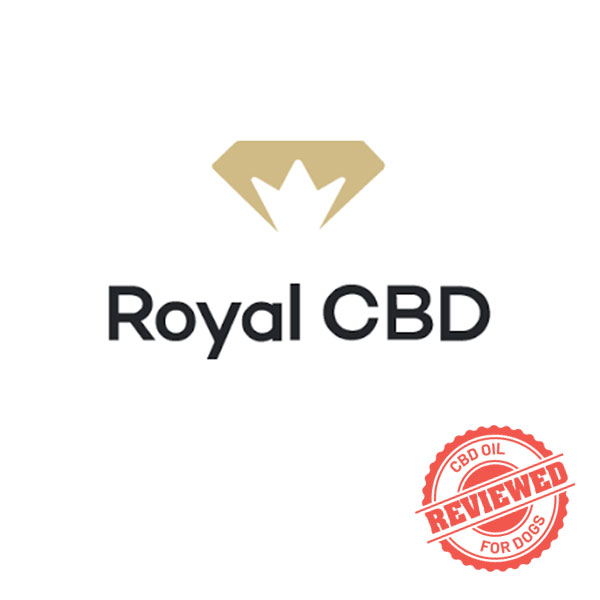Maybe you’ve noticed a recent change in your pup’s behavior, or perhaps you always knew your special guy was shyer than most? Either way, the good news about anxiety in dogs is that there’s a whole bunch of solutions for owners to try out.
How do I know if my dog is anxious, and why?
Anxiety or nervousness among dogs is not uncommon and usually falls into one of two categories: behavioral anxiety and situational nervousness. Behavioral issues are phobias or neurotic tendencies that can transfer into more general behaviors—a classic example being separation anxiety. Situational problems are more isolated, and can be highly individual to your dog’s personality.
In other words, if your dog is a homebody with a favorite spot on the couch, and you move house or throw away the sofa, you can expect a degree of situational nervousness. There’s many reasons why your dog may feel anxious – if over time, however, that nervousness becomes the norm, your dog might be suffering from a more general form of anxiety.
Classic signs of nervousness include
While symptoms of anxiety might involve…
(For a full list of dog anxiety treatments, read our article on what you can give a dog for anxiety.)
Whether it’s isolated or a regular occurrence, dog anxiety and nervousness can absolutely be combatted at home and isn’t usually something to be too concerned about.
That said, if you do feel like your dog’s anxiety is getting out of control, it can be worth looking into professional support or seeking the help of a vet—and consider asking them about CBD oil for anxious dogs.
Study after study on why dogs make you happy has proven the calming and anxiety-reducing effect that dogs have on us, so let’s help these nervous guys relax too!
Let’s start with some general advice on calming your canine friend.
These tips can work in a variety of situations, whether your dog is having an off day, or if nervousness is more of a regular issue.
Next, let’s go through some specific advice for those times when even the hardiest pooch can suffer from anxiety.
Whatever method you use to help your dog reduce their anxiety, the key is to watch closely, observing them for possible triggers, and noticing micro improvements. Remember, your dog is also taking cues from how you act around him or her, so stay calm, and positive, and praising—Who’s a good boy?!



